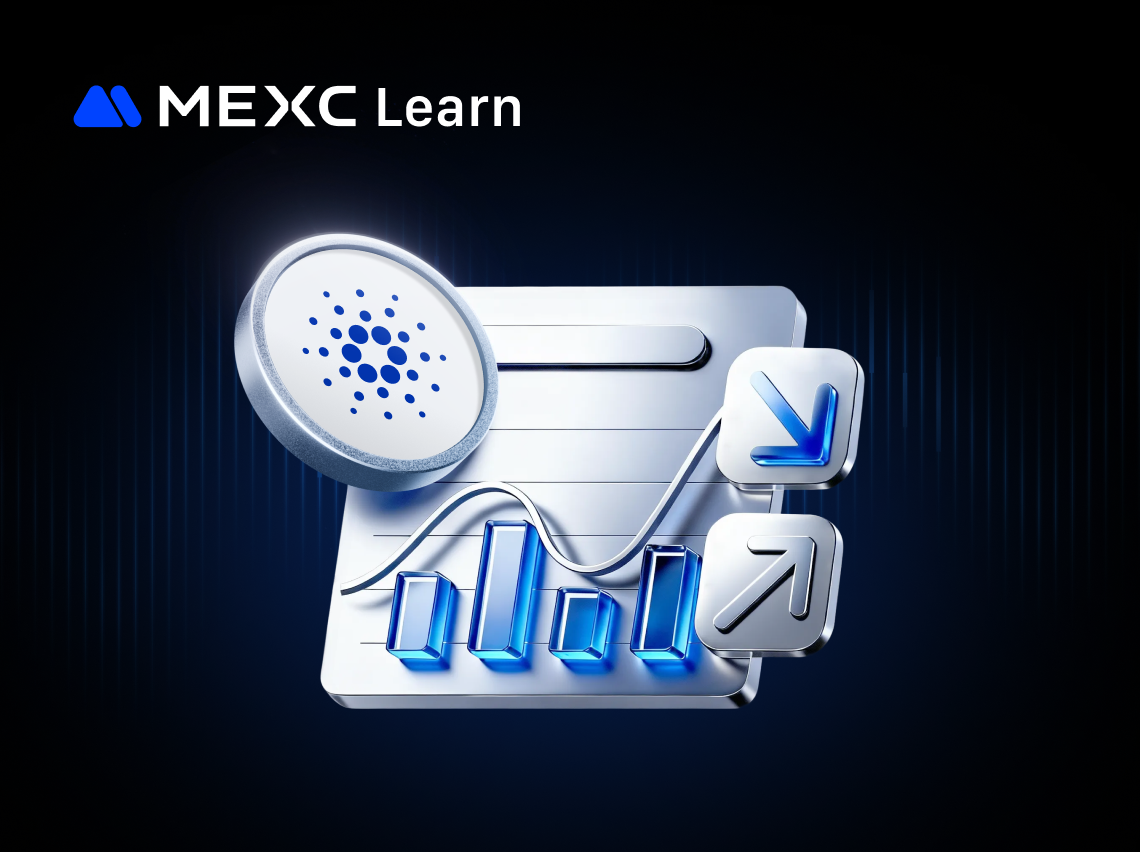What is MEXC Exchange
MEXC, established in 2018, has become a leading centralized exchange with over 40 million users across 170+ countries. The platform specializes in thousands of altcoins, spot and futures trading, staking, and early token launchpad access. MEXC emphasizes low trading fees, rapid token listings, and advanced execution tools, making it attractive to traders seeking early exposure to emerging projects. Its mobile and desktop platforms are optimized for speed, multiple order types, and professional charting, catering to both retail and professional traders.
What is Huobi Exchange
Huobi, founded in 2013 and headquartered in Singapore, is one of the oldest cryptocurrency exchanges in Asia with a global presence. It provides spot and derivatives trading, staking, lending, and a wide selection of tokens. Huobi is known for strong liquidity, comprehensive trading tools, and a professional trading interface. The platform emphasizes security measures, regional compliance, and institutional-grade infrastructure. It is popular among advanced traders and institutions seeking reliable execution and diversified cryptocurrency access.
How Do MEXC’s Trading Fees Compare to Huobi?
MEXC offers highly competitive trading fees. Spot trading starts at 0.1% or lower, with promotions reducing maker fees to 0% and taker fees to 0.02–0.05%. MX token holders enjoy additional fee reductions. Huobi charges 0.2% per trade by default, with tiered reductions for high-volume traders and VIP users. Withdrawal fees are generally lower on MEXC, while Huobi’s fees vary by token and network.
Trading Fees, Liquidity, and Supported Tokens Comparison
| Feature | MEXC | Huobi |
|---|---|---|
| Spot Trading Fee | 0.00–0.05% | 0.2% (tiered discounts available) |
| Futures Trading Fee | 0.00–0.02% maker/taker | 0.02–0.04% |
| Fee Discounts | MX token | HT token, VIP tiers |
| Daily Spot Trading Volume | ~$10–12B | ~$6–9B |
| Supported Tokens | 2,600+ | ~1,000 |
| Withdrawal Fees | Low for major tokens | Moderate, depends on network |
MEXC provides a clear cost advantage for frequent traders and altcoin enthusiasts. Huobi, while slightly more expensive, offers robust liquidity and support for a large range of tokens. For traders focused on high-frequency or small-value trades, MEXC’s lower fees and promotions can be more attractive.
Which Cryptocurrencies Can You Trade on MEXC vs Huobi?
MEXC lists over 2,600 spot trading pairs, including many newly launched altcoins. Huobi offers around 1,000 cryptocurrencies, focusing on higher liquidity tokens and established projects.
Key Cryptocurrency Highlights:
MEXC: extensive altcoin selection, early token listings, high liquidity for emerging tokens
Huobi: curated selection of top and mid-cap tokens, strong liquidity, regionally compliant
How Liquid Are MEXC and Huobi for Spot and Futures Trading?
Liquidity ensures efficient trade execution. MEXC provides high liquidity across altcoins and medium liquidity for BTC and ETH, with daily volumes of $10–12B. Huobi has strong liquidity for both spot and futures, with daily volumes around $6–9B, making it competitive for top tokens but limited for smaller altcoins. Futures trading is cost-effective on both platforms, but MEXC allows more flexibility with newly listed tokens.
Is MEXC Safer Than Huobi? Security Measures Compared
MEXC implements cold storage, two-factor authentication, withdrawal whitelists, and real-time monitoring. Huobi provides similar security measures, including insurance coverage and regulatory compliance in select regions. Huobi has a long track record of stable operations, while MEXC’s rapid token listing approach requires careful risk management from users trading newly listed altcoins.
How User-Friendly Are MEXC and Huobi Platforms?
MEXC’s interface is optimized for speed, advanced charting, and multiple order types. Huobi offers a professional trading interface with both basic and advanced modes for retail and institutional users.
User Experience Highlights:
MEXC: fast execution, advanced charting, extensive altcoin options, mobile trading for professionals
Huobi: beginner and advanced interface modes, strong toolset, institutional-grade options
What Deposit and Withdrawal Options Do MEXC and Huobi Offer?
MEXC supports multiple crypto networks and selected fiat gateways with low withdrawal fees. Huobi offers a variety of crypto and fiat deposit options, but fees are generally higher than MEXC. Traders seeking cost-effective transfers may prefer MEXC, while Huobi provides more established infrastructure for fiat deposits.
How Do MEXC’s Staking, Earn, and Launchpad Features Compare to Huobi?
MEXC offers flexible staking, promotional yield products, and early token launchpad access. Huobi provides staking for selected tokens and limited yield products, but its launchpad is less accessible to retail users. Traders seeking high-yield opportunities and early token access may prefer MEXC, whereas Huobi focuses on stable returns for compliant tokens.
Which Advanced Trading Tools and APIs Are Available on MEXC vs Huobi?
MEXC supports low-latency APIs, advanced order types, and algorithmic trading. Huobi offers similar advanced trading tools but is more focused on professional and institutional traders. MEXC is accessible to both retail and professional users seeking rapid execution and a broad token selection.
How Reliable Is Customer Support on MEXC and Huobi?
MEXC provides 24/7 live chat, email support, and a responsive community, particularly for altcoin traders. Huobi offers multilingual support and detailed resources, though response times may vary due to the platform’s global scale. MEXC often offers faster and more personalized support for emerging token trading issues.
Which Countries Support MEXC vs Huobi? Regulatory Overview
MEXC operates in over 170 countries with region-specific compliance measures. Huobi provides regulated services in select regions, primarily Asia, with robust KYC and AML processes. MEXC allows broader market access, while Huobi prioritizes compliance in regulated jurisdictions.
Comprehensive Feature Comparison: MEXC vs Huobi
| Feature | MEXC | Huobi |
|---|---|---|
| Spot Trading Fee | 0.00–0.05% | 0.2% (tiered discounts available) |
| Futures Trading Fee | 0.00–0.02% maker/taker | 0.02–0.04% |
| Fee Discounts | MX token | HT token, VIP tiers |
| Supported Tokens | 2,600+ | ~1,000 |
| Daily Spot Trading Volume | ~$10–12B | ~$6–9B |
| Liquidity | High for altcoins, medium for BTC/ETH | High for top tokens, medium for altcoins |
| Staking & Earn | Flexible staking, promotional yield | Select token staking, limited yield |
| Launchpad | Early token access | Limited access |
| User Interface | Advanced charting, fast execution | Beginner and advanced modes |
| Deposit & Withdrawal | Multiple crypto networks, low fees | Crypto and fiat, moderate fees |
| Security | Cold storage, 2FA, monitoring | Cold storage, 2FA, insurance coverage |
| Customer Support | 24/7 live chat, responsive | Multilingual, variable response times |
| Country Availability | 170+ countries | Select Asian and global regions |
MEXC’s lower fees, broad altcoin coverage, and rapid token launchpad access make it ideal for active traders. Huobi focuses on professional-grade tools, regulatory compliance, and reliable liquidity for established tokens.
What Are the Pros and Cons of Using MEXC Compared to Huobi?
Pros — MEXC: low fees, wide altcoin selection, fast token listings, high-speed execution, low withdrawal fees.
Pros — Huobi: strong liquidity, institutional-grade tools, regulatory compliance, professional interface.
Cons — MEXC: regulatory variance, risk with new token listings.
Cons — Huobi: higher fees, fewer new tokens, limited retail launchpad access.
Should You Choose MEXC or Huobi in 2025–2026? Final Recommendation
MEXC is ideal for traders seeking low fees, early altcoin exposure, and advanced tools. Huobi is better for professional or compliance-focused traders seeking secure infrastructure and high liquidity for established tokens. MEXC offers clear advantages for active, cost-conscious, and altcoin-focused traders.
Description:Crypto Pulse is powered by AI and public sources to bring you the hottest token trends instantly. For expert insights and in-depth analysis, visit MEXC Learn.
The articles shared on this page are sourced from public platforms and are provided for informational purposes only. They do not necessarily represent the views of MEXC. All rights remain with the original authors. If you believe any content infringes upon third-party rights, please contact [email protected] for prompt removal.
MEXC does not guarantee the accuracy, completeness, or timeliness of any content and is not responsible for any actions taken based on the information provided. The content does not constitute financial, legal, or other professional advice, nor should it be interpreted as a recommendation or endorsement by MEXC.
Learn More About Humanity
View More
Cardano Price Analysis: Understanding ADA's Market Cap & Price Potential

Tokenized Gold vs. Gold ETF: The Ultimate 2026 Digital Gold Investing Guide

Is USDT Safe? A Complete Guide to Tether's Reserves, Audits & Regulatory Compliance in 2026
Latest Updates on Humanity
View More
STABLE: Identifying factors for 2200% volume surge, H&S breakout & more…

Seventeenth Pro Rata Interim Distribution of Recovered Funds to Madoff Claims Holders Commences Totaling More Than $253 Million

Humanity Token Surges 18.8% Despite 27% Weekly Decline: What Our Data Shows
HOT
Currently trending cryptocurrencies that are gaining significant market attention
Crypto Prices
The cryptocurrencies with the highest trading volume
Newly Added
Recently listed cryptocurrencies that are available for trading
